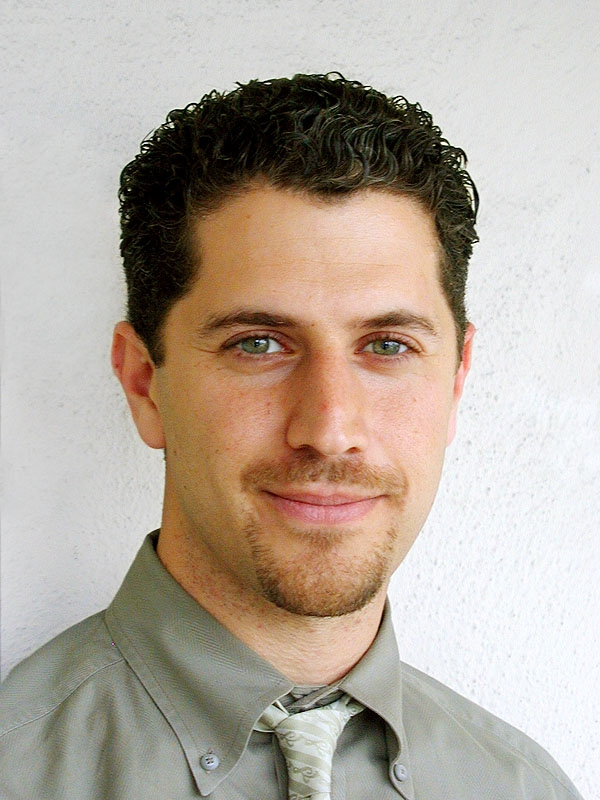Our new book, Salaam, Love: American Muslim Men on Love, Sex & Intimacy, will be released on February 4th. In the lead up to the release, meet our 22 contributors.
Today, meet Ibrahim Al-Marashi!

An excerpt from Ibrahim’s story, “The Other Iran-Iraq War”:
The morning after first seeing the Iranian checkout girl, I awoke feeling very scholarly. I scanned the course catalogue, looking for another class to add on to my schedule. But what would I take? How about Introduction to Persian? I looked up the times it was offered. I would have to wake up at the inhumane hour of 9 a.m. three times a week. It was a lot to consider.
I tried to legitimize my actions to myself. After eight years of war with Iran, it was high time an Iraqi made the effort to learn the Persian language. Perhaps taking Persian would be inconvenient, but it might just help smooth ties between Iraqis and Iranians the world over. Besides, if I were to run into the checkout girl, and she were to hear my smooth Persian, fall in love, and soon after marry me, wouldn’t that be the greatest gift of all for our two cultures? Our children just might be the beginning of a beautiful Perso–Arab subculture.
To read more, order Salaam, Love today!
Q&A with Ibrahim
Tell us about yourself
My piece deals with my upbringing as an Iraqi-American. It is one of the few works published by a member of my community dealing with the War in a diasporic setting, and has inspired me to begin writing a book length project on this subject.
Why were you drawn to this project?
I heard of this project from my sister Huda, who wrote a piece for the first anthology, Love Inshallah. I found this project significant in terms of Muslim diasporic literature as it is the first anthology written by both orthodox and secular Muslim-American men challenging both stereotypes in the public and cultural taboos imposed by our own immigrant communities.
What was the most challenging part of sharing your story?
Coming from traditional and rigid religious and ethnic communities, most writers in this anthology may find difficulties in writing about their personal lives, particularly about personal issues. The traditional and rigid community I belong to is academia and academics rarely publish writing dealing with their personal lives or venture into creative writing endeavors. However this is changing. In 2013, an academic’s personal narrative of her research on Bosnia had a dramatic impact on Balkan studies and international relations, and I seek to further this trend in Middle Eastern history. Since I teach a course on Gender and Islam, I also felt that my personal narrative can teach my students how gender values in the Muslim diaspora affect both men and women, albeit in different manifestations.
If there’s one thing you hope that readers will take away from your story, what is it?
The piece appears to deal with my story as an Iraqi trying to learn Persian to woo the antagonist, an Iranian in LA, but serves as a greater commentary on an implicit antagonist, the conflicts in our native Iraq and Iran, which propelled us into mutual exile.
Anything else you want to share?
I also hope readers would read my story and compare it to my sister’s piece, “Otherwise Engaged,” in Love Inshallah, to compare how being a male and female in the same Iraqi-American family can lead to two very different life trajectories.











